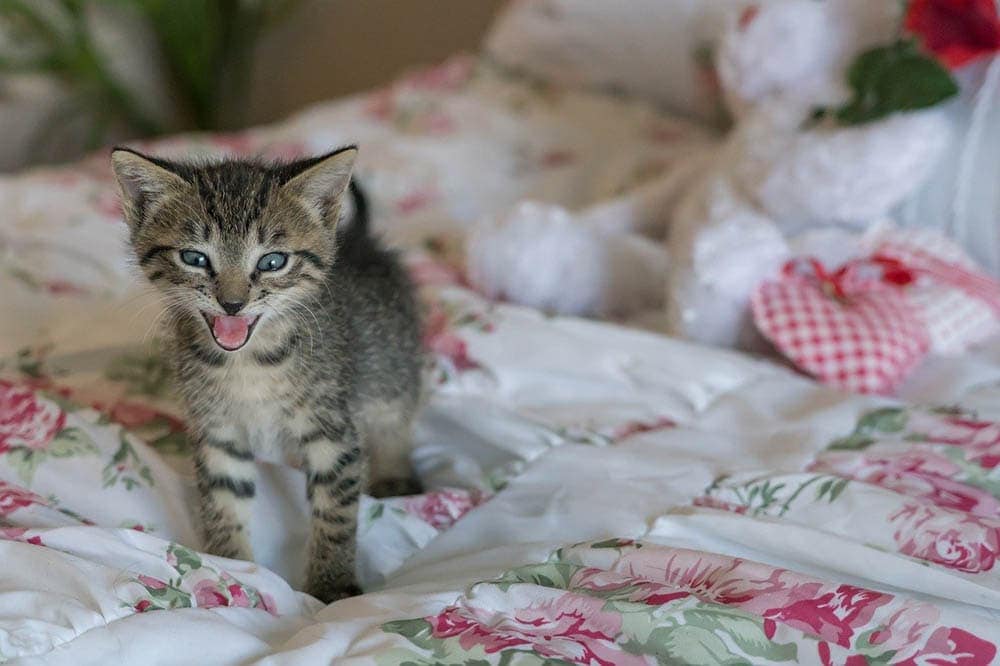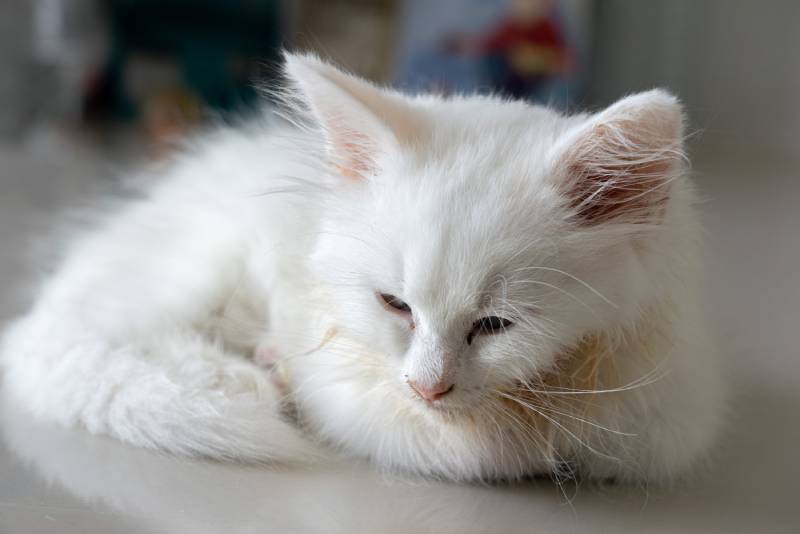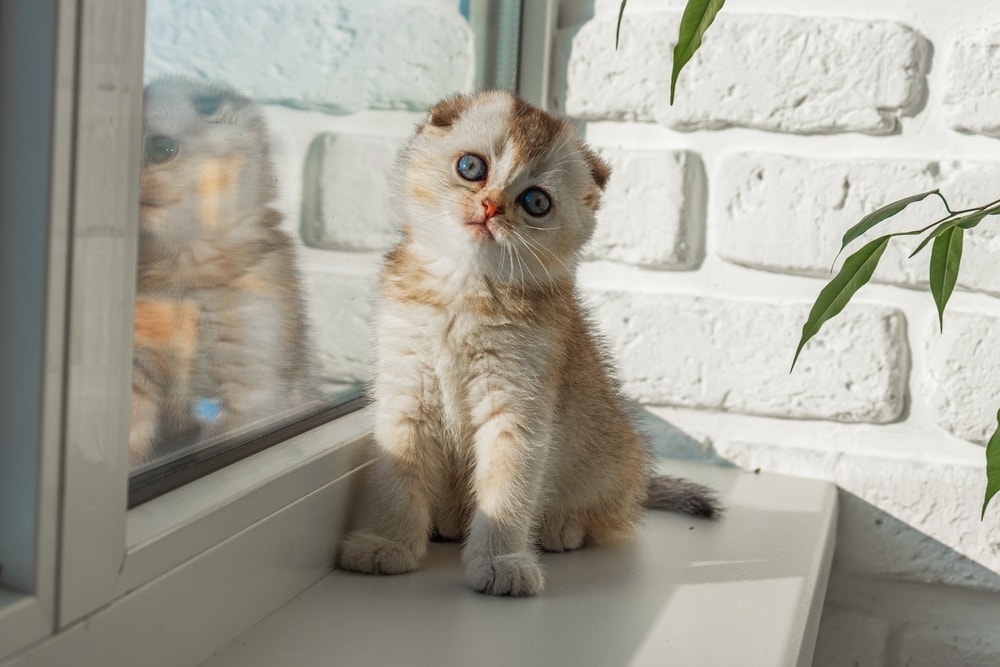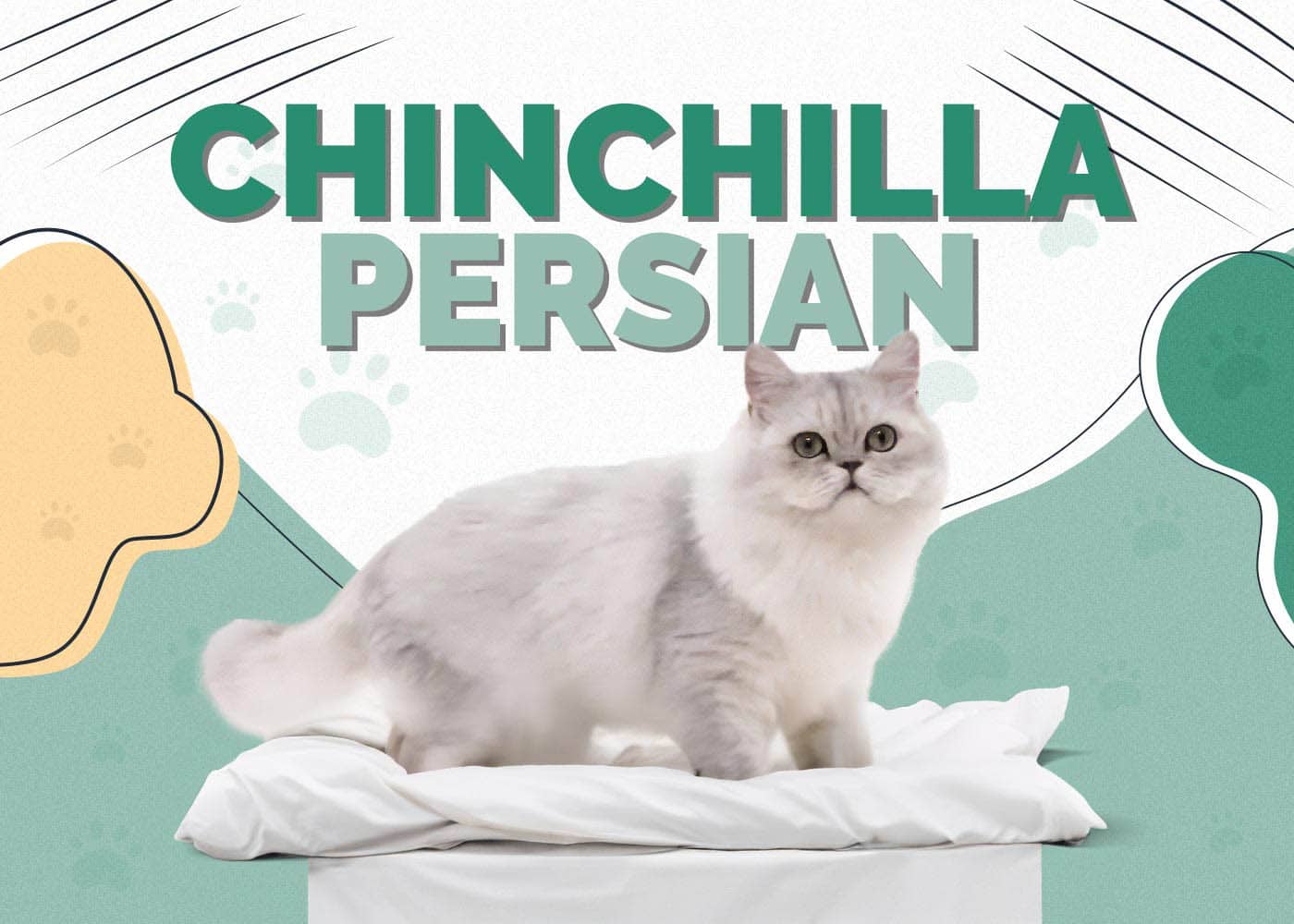Why Do Kittens Cry? 7 Common Reasons
Updated on

Bringing home a new kitten is exciting! You have everything set up for your new furry bundle of joy—you’ve purchased food and water bowls, toys, bedding, a pet carrier, toys, and treats—but your new kitten seems to cry a lot. Why is that? Is there something wrong with your kitten? Should you be worried?
Kittens cry for various reasons, and it’s wise to understand the possible reasons why your kitten is crying to assess the situation and take care of the problem. In this post, we’ll cover seven reasons why kittens cry and what you can do to help with the situation.
The 7 Reasons the Kittens Cry
1. Your Kitten Is Lonely
Humans aren’t the only beings that get lonely; kittens can also get lonely, especially if they were recently weaned from their mother and siblings. Your kitten may cry out for you or even search for its mother and siblings. Remember, your kitten is used to being with its mother before coming home to you, and your kitten may simply be expressing loneliness.

2. Your Kitten Is Hungry
A kitten will cry if it’s hungry, just like a human baby. Young kittens have quite an appetite because they develop so quickly, and they need to be fed ample amounts of wet food throughout the day. You may need to assess your kitten’s feeding schedule and ensure you’re providing enough frequent feedings.
Once your kitten has reached 3 to 4 months old, you should be able to put it on more of an appropriate feeding schedule.
3. Your kitten Is Lost or Confused
First-time kitten owners may be tempted to let their new kitten roam freely throughout the house; however, this may confuse your kitten and cause it to become lost within such a large territory, especially if you own a large home. Your kitten may cry because it doesn’t know where the litter box is, its food and water bowls, or its bed.
Limit your kitten’s free-roaming space within the first 2 or 3 weeks—this will allow your kitten to become more familiar with its surroundings and become acclimated to where everything is in the home. You can also follow your kitten around the house for the first couple of weeks to ensure it doesn’t get lost.

4. Your Kitten Needs to Poop
It takes a little time for a new kitten to get used to pooping in a litter box, and it may fuss and cry while relieving itself. Kittens under 8 weeks old may meow while going potty, but there’s no cause for alarm unless you see your kitten straining to defecate or is clearly uncomfortable.
If your kitten cries out while pooping or is straining to poop, a trip to the vet is warranted to investigate any gastrointestinal issues, such as constipation or some underlying medical issue.
5. Your Kitten Is in Pain
If your kitten is in pain, the cries will be different—there’s no mistaking an injured animal because the cries will be shrill and loud. Your kitten could be in pain for various reasons, such as its tail being stepped on or getting stuck in an uncomfortable position.
It’s important to assess the situation to determine the cause. If you can’t determine an obvious reason why your kitten may be in pain, take it to the vet for an examination.

6. Your Kitten Is Sick
Kitten parents never want to hear their kitten cry in a sorrowful tune, and the reason could be that your kitten is sick. However, cats are excellent at disguising sickness and are usually lethargic or silent—they typically do not cry when they’re sick.
If your kitten seems fatigued or is silent, take your kitten to the vet for an assessment to determine the issue.
7. Your Kitten Is Bored
Your kitten may simply be seeking attention from you because it’s bored. Ensure you set aside plenty of time daily to play with your kitten to keep boredom from happening. Remember, a tired kitten will be less likely to get into mischief and be destructive, making playing with your kitten an important task. Playing also provides mental and physical stimulation for your kitten, which is an excellent way to bond with your new bundle of furry joy.

Is It Okay to Let Your Kitten Cry?
Crying is something your new kitten will often do, mainly for the reasons we’ve mentioned above. As your kitten grows, the crying will start to diminish as your kitten becomes comfortable with its surroundings. But is it okay to let them cry?
First and foremost, now that you know the seven common reasons why kittens cry, try to determine the cause of your kitten’s discomfort instead of ignoring the cries. You can try to comfort your kitten to see if the cries stop, but if you’re unable to comfort your kitten and stop the crying, seek veterinary advice as soon as possible.
Conclusion
Being a new kitten parent comes with new responsibilities, and determining the reason for your kitten’s cries is one of them. Many reasons can cause your kitten to cry; most of the time, it’s not a dire situation. However, it’s wise to know your kitten’s cries and to be able to determine the issue.
Remember, a loud, shrill cry is a strong indicator your kitten is in pain; in that case, take your kitten to the vet immediately. Be patient with your new kitten, as it will acclimate to its new surroundings in no time.
Featured Image Credit: Michelle_Maria, Pixabay












